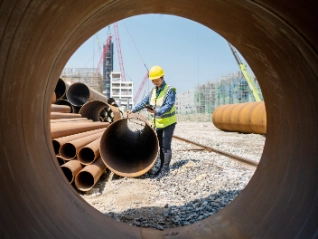Atradius Atrium
Portail clients en ligne pour accéder aux informations sur votre contrat et aux outils de gestion de vos limites de crédit.
Termes de recherche populaires
 France
France













Voir plus
Visualisation 7 hors de 20







Voir plus
Visualisation 7 hors de 107







Voir plus
Visualisation 7 hors de 30
Cliquez sur le bouton ci-dessous pour accéder à notre Blog







Voir plus
Visualisation 7 hors de 12







Voir plus
Visualisation 7 hors de 13